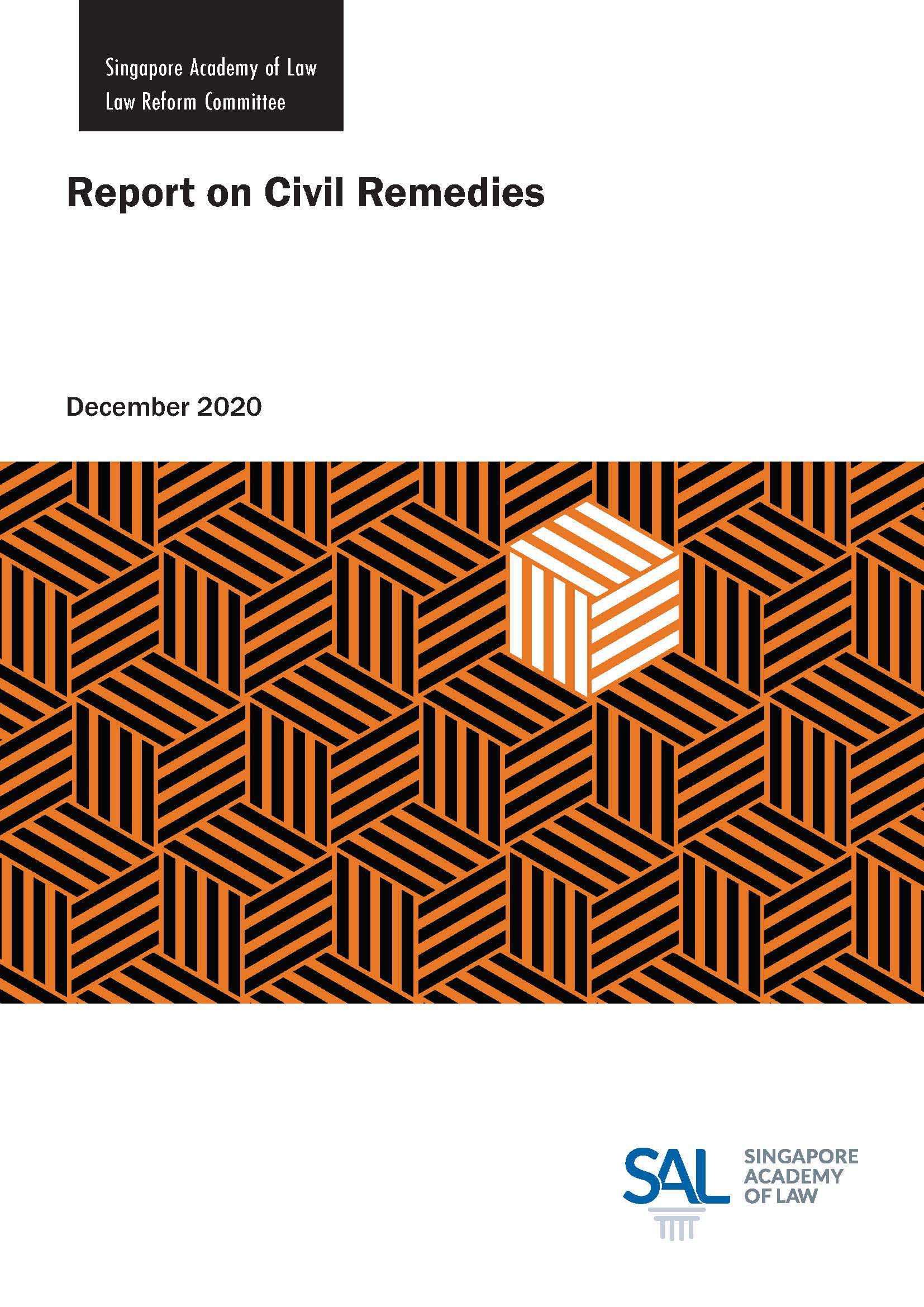|
Always revitalising and evolving |
|
About the project The Singapore Academy of Law’s Law Reform Committee (LRC) has considered whether the civil enforcement remedies available under Singapore law adequately ensure that judgment creditors are able to recover monies adjudicated by the courts as due and owing to them, taking into account also the interests and rights of judgment debtors and affected third parties. Based on its review of those laws and equivalent remedies in jurisdictions such as Australia, Canada, England and Wales, and Hong Kong, the LRC has identified certain gaps or limitations that can impede judgment creditors' recovery of their due debts from judgment debtors. For example, it may be difficult for judgment creditors to identify what assets the judgment debtor has, or where they are held (and therefore, what enforcement action they can best take). Or those assets may be held by the judgment debtor jointly with a spouse, family member or other third party, for example, in a joint bank account or jointly-owned property. Key Recommendations The LRC's report therefore recommends legislative reforms to reduce those barriers and aid recovery, while still ensuring appropriate protection of the rights of judgment debtors and affected third parties. Specifically, the report recommends:
Click here for a one-minute quick guide to the key issues and recommendations. Project status: Completed
|
|
Areas of law
Click on the image above to view the full report
Last updated 29 December 2020 |













